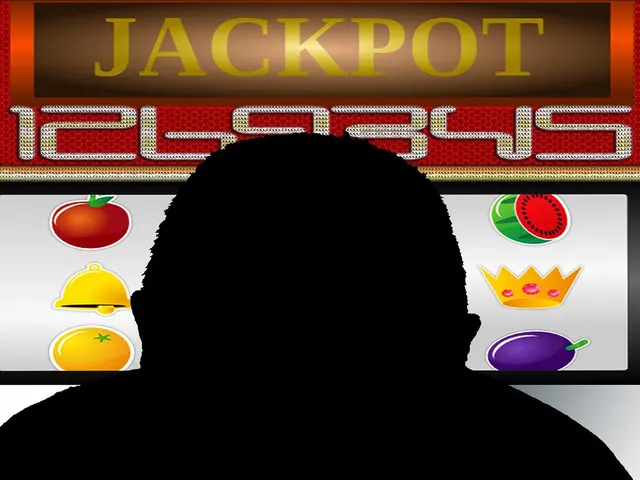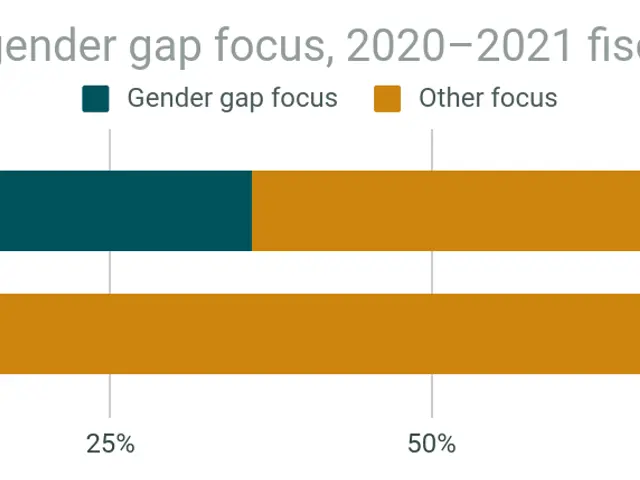Understanding Poker Folding: Reasons and Timing for Folding Cards
In the world of poker, making objective decisions on when to fold is a crucial skill that separates amateurs from pros. This article provides a comprehensive guide on how to fold objectively, the psychology behind it, and recognizing the right moments to fold for long-term success.
---
### How to Make Objective Folding Decisions in Poker
1. **Be Selective with Starting Hands** Folding weak hands pre-flop based on position, opponent tendencies, and table dynamics is foundational. For example, offsuit low cards or unpaired low ranks are generally folds in early position where you have less information. Playing fewer but stronger hands aggressively minimizes risk.
2. **Fold When You Are Unsure** If you don't have a clear edge or are uncertain about the strength of your hand or likelihood of winning, it is often better to fold and preserve your chip stack for better opportunities. Indecision commonly leads to costly calls.
3. **Consider Opponent Actions and Table Reads** Analyze opponents’ betting patterns and their likely ranges. If you face a strong pre-flop raise or 4-bet and lack additional information or a significant advantage, folding strong but vulnerable hands (like pocket eights in certain spots) can be the best decision to avoid losing big pots.
4. **Evaluate Pot Odds and Expected Value (EV)** Folding is often the mathematically correct move when the pot odds don’t justify continuing. This means calculating whether the potential payout justifies the risk based on the likelihood of your hand winning.
5. **Use Hand Histories and Reflection** After folding in tricky situations, write down the hand details and your reasoning to review later. This practice helps you objectively judge whether your fold was correct and improves your decision-making in future similar spots.
---
### Psychology Behind Folding in Poker
- **Overcoming Emotional Attachment to Hands** Players often hesitate to fold potentially strong hands because of emotional attachments (e.g., top pair). Mastering folding means suppressing this bias to avoid losing more chips in unfavorable situations. The discipline to fold when unsure separates winning players from losing ones.
- **Avoiding Table Image and Tilt** Folding unrationally due to ego can lead to tilt and poor future decisions. Understanding that folding is a strategic move to maintain your bankroll and staying calm psychologically supports consistent long-term success.
- **Recognizing Opponent Weakness as a Signal** Observing psychological tells like hesitations or checking by opponents signals chances to be aggressive or to fold for value preservation. Being attuned to table dynamics and emotional states of others helps identify when folding is prudent.
---
### Recognizing the Right Moments to Fold for Long-Term Success
- When the odds are unfavorable or your hand is dominated by a likely stronger hand - When facing aggressive betting or 4-bets without strong reads or exceptional equity - When uncertain and lacking info about the opponent’s range or situation - Against tight players who usually bet or raise only with strong holdings — folding marginal hands against them - To avoid bankroll depletion, stay patient waiting for clearer opportunities to exploit weaknesses - When your position is weak and your hand is vulnerable to being outplayed post-flop
---
In summary, mastering folding in poker combines analyzing mathematical factors, opponent tendencies, and your own psychological discipline. Folding is not a sign of weakness but a strategic tool. Players who fold objectively and at the right times avoid unnecessary losses, preserve chips, and set themselves up for profitable decisions in future hands and sessions.
- In the realm of casino-and-gambling, understanding the importance of folding in poker games is essential for long-term success.
- This understanding stems from recognizing trends in gambling-trends, including the strategic use of betting, bettingting, and folding in poker.
- For instance, the skill of objective folding separates the experienced poker players from the amateurs, as it minimizes risks and maximizes potential winnings.
- Furthermore, wise decision-making during poker games is not only about knowing when to bet, but also knowing when to fold - and understanding the odds, casino-games, and psychology behind it.






